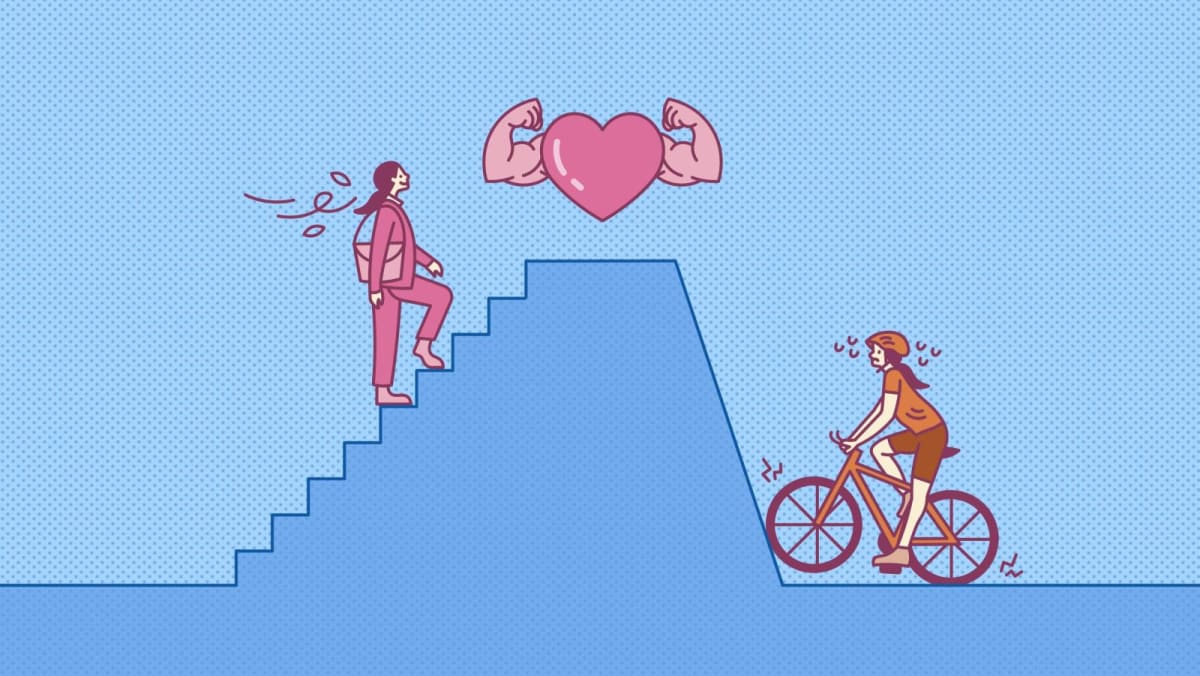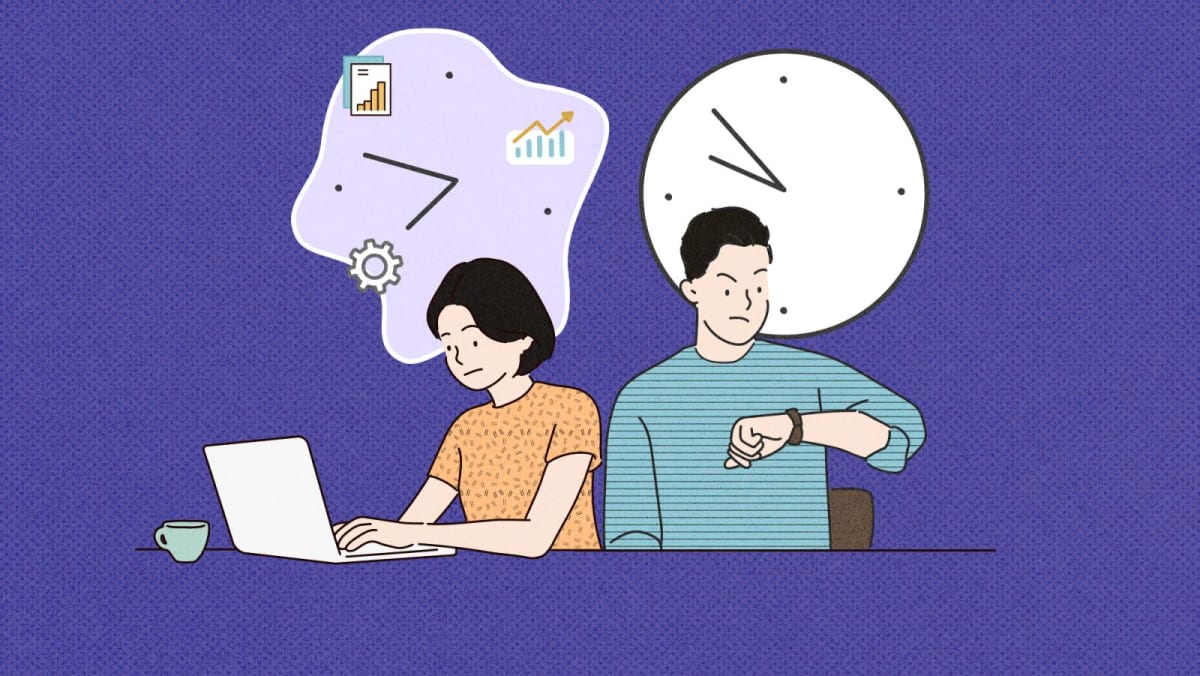For my latest health goal, I vowed to start a new routine: Exercise three times a week with at least one session outdoors.
Then, just half an hour into my first cycling outing at night, I found myself faceplanted on gravel, bleeding from a gash on the chin.
After slipping because of a bump on the road, my one-hour cardio session turned into a three-hour hospital visit, three stitches and a month of limping around with bandages and bruises.
Not only did I become aversed to cycling, I also stopped making promises to myself about getting fit altogether.
It was hard not to feel embarrassed after seemingly failing at something so basic, with my feeble attempt at exercise leaving me literally scarred for life.
In the weeks that followed, I couldn’t bring myself to try anything remotely intense. That was when I learned about micro habits – the idea that small, consistent actions can be more powerful than one big, doomed push.
Instead of new year’s resolutions that fizzle out by February or vague, stress-laden ambitions to “be better”, mental health professionals I interviewed said that going small can help one go far.
The idea of forming small but practical strategies to change one’s life remains popular, even if the concept is not new.
Based on information from the National Library Board, one of the most borrowed audiobooks and e-books in Singapore is Atomic Habits: An Easy & Proven Way to Build Good Habits & Break Bad Ones by James Clear.
The self-help book champions the philosophy of “tiny changes, remarkable results”.
When life already feels overwhelming, micro habits offer a way for us to feel progress since they are designed as being rather easy to accomplish and fail-proof.
So in my case, I was interested to know: Would a five-minute daily workout really help build emotional resilience? And if so, what makes micro habits stick?
WHAT ARE MICRO HABITS?
Micro habits are small, incremental behaviours that are built into one’s daily routines, Dr Kenneth Tai from the Singapore Management University (SMU) said.
For example, take a five-minute walk instead of committing to a 30-minute walk.
Dr Tai, who is from SMU’s department of organisational behaviour and human resources, said that such small tasks require less self-control and allow people to overcome inertia.
Ms Qi Zhai-McCartney, a psychotherapist and coach at Seeing Qi Therapy and Coaching, said that where traditional habits or goals boil down to self-discipline and motivation, micro habits are designed to bypass that.
These tiny, actionable tasks are also simple to repeat.
In clients she sees, Ms Zhai-McCartney prompts them to imagine the smallest increment of change when trying to work towards a goal, such as taking three deep breaths mid-morning at the office instead of aiming to meditate for 20 minutes a day.
“People often get stuck when making meaningful change in their lives because they start with very big goals, like ‘get healthy’ or ‘control my anxiety’. These goals are lofty and aren’t easy starting points,” she added.
Mr Jude Edward, counsellor at online and face-to-face therapy platform Talk Your Heart Out, gave the example of taking the stairs instead of the lift as an example of a micro habit that may aid in moving towards a larger goal such as losing weight.
“When you’re overwhelmed, burnt out or just trying to get through the day, big goals can feel out of reach.
“Micro habits offer small wins without pressure. They create hope and momentum – especially when motivation is low,” he added.














